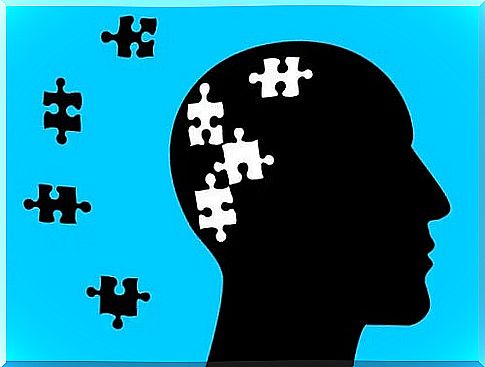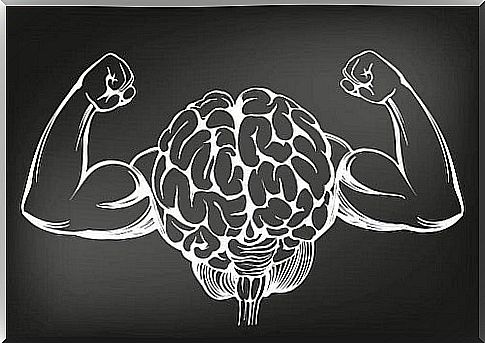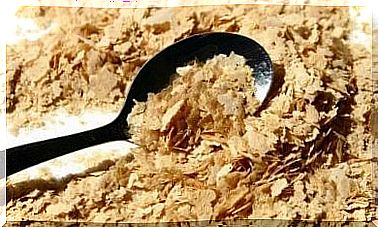6 Types Of Human Memory

We remember going to the market with Grandma, we ride our bikes after we haven’t done it in years, we get in the car every morning and drive it without problems, without having to always analyze every movement… Behind every action is memory . Did you know that there are many types of memory?
What is memory?
When we refer to memory, we are not talking about a certain organ, but about various brain structures that intervene in complex processes that allow us to record, store and access different types of information.
Although complex neural circuits are involved, in general terms, memory is as follows:
- A first phase of coding. Here is a first reading of the information that will be stored later. Concentration, attention and motivation are key aspects in selecting what will be stored.
- Storage is the second phase and refers to the storage of information.
- A third phase is that of recovery, which refers to the possibility of accessing this information when we need it.

Memory types and their characteristics
There are different criteria for classifying memory. Among the most common are the temporality, the format of the information it hosts and the type of information stored.
In terms of temporality, we are talking about two types of memory: short-term and long-term. But in the latter, we could use another criterion, as we will see below.
1. Short-term memory
This memory has a limited capacity. In general, we can store a maximum of 7 items simultaneously.
Also, the information retention time is short, up to 20 seconds. Attention and concentration are essential. If we are distracted, short-term memory capacity is reduced.
Working memory falls into this category. It involves managing and organizing information to achieve a specific goal.
2. Long-term memory
Long-term memory is more stable and durable. A subclassification has been proposed, in which we find the declarative and the procedural type.
3. Declarative report
As part of long-term memory, it refers to the contents of what is stored. Episodic memory allows us to remember specific events related to our own past and a certain time and place. It contains events that we identify as personal.
Semantic memory allows us to remember general things and is related to our understanding of the world. The meaning of concepts and vocabulary are also part of semantic memory.
4. Procedural memory
This part of long-term memory includes instructions. Allows you to retrieve information about motor skills. In this case, when the information is consolidated, it appears automatically, as if by inertia. No need to skip the procedure.
5. Sensory memory
Regarding the informational format , the sensory memory is the one that records or stores information provided by the senses. We remember the smell of grandma’s cake or the soft touch of our pet, for example.
6. Verbal memory
Verbal memory refers to information stored in the form of words, whether written or verbal.
Tips for improving memory
Memory must be nurtured and kept active. In this regard, it is important to keep in mind that both in its maintenance and in learning, people must play an active role.
Here are some recommendations for training different types of memory:
- Good rest : During sleep, various processes take place that involve the storage of memories and learning, as well as the selection of information to be eliminated.
- Emotional state: For example, if we are very anxious, it will be difficult for us to pay attention to a conversation or to connect with a certain event.
- Reducing the number of stimulation sources: If we want to keep certain information, it is best to try to capture it in detail, focusing on it. In this case, it is better to avoid using the TV, mobile phone, etc.
- Play: There are different games that allow you to consolidate your memory, combining different actions such as associating words, questions and answers to remember events or dates.
- Diet: The proper functioning of memory is related to diet. Therefore, the type of diet is a variable to consider. It is recommended to include fish, eggs, green leafy vegetables and omega 3 foods in your daily diet.

Types of memory: conclusion
Beyond the various existing classifications, there are two practical things that can help us improve our memory. One of them has to do with the type of memory or the method that works to remind us of information. There are people who remember better through visual memory, while others remember sounds.
On the other hand, it is convenient to identify where the memory defects come from. In general, the causes are related to inattention, motivation, emotional state, brain damage, interference and memory overlap.
By knowing each other, we can strengthen our memory through specific exercises.









